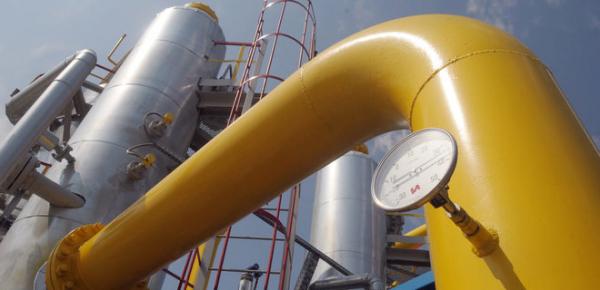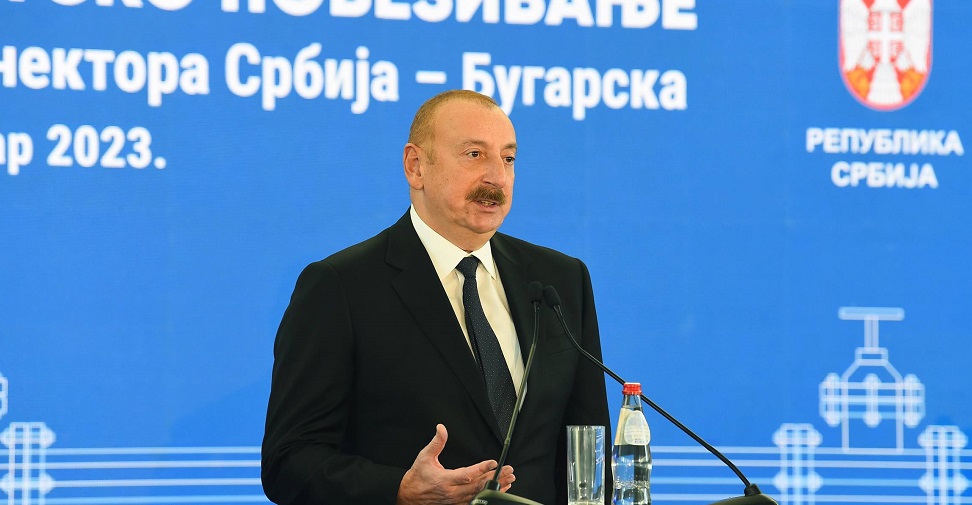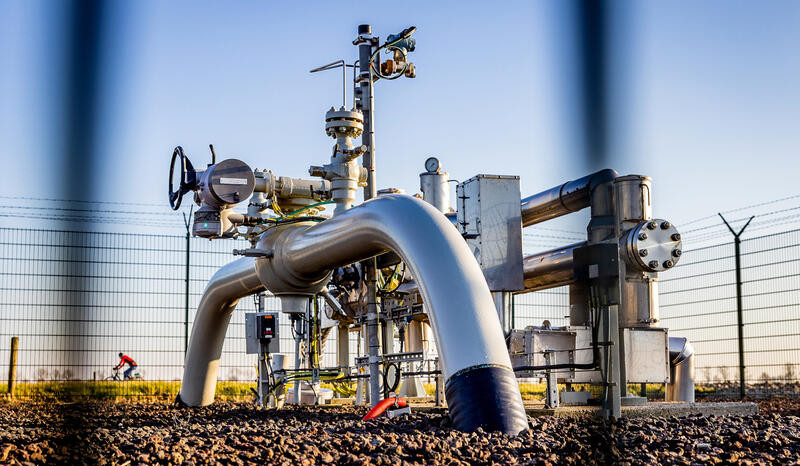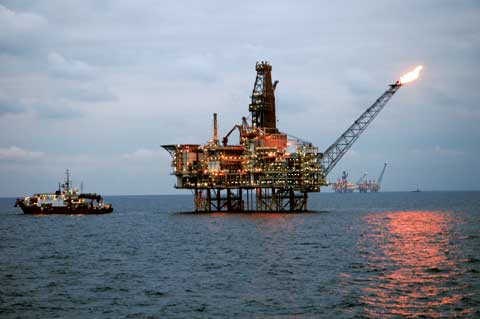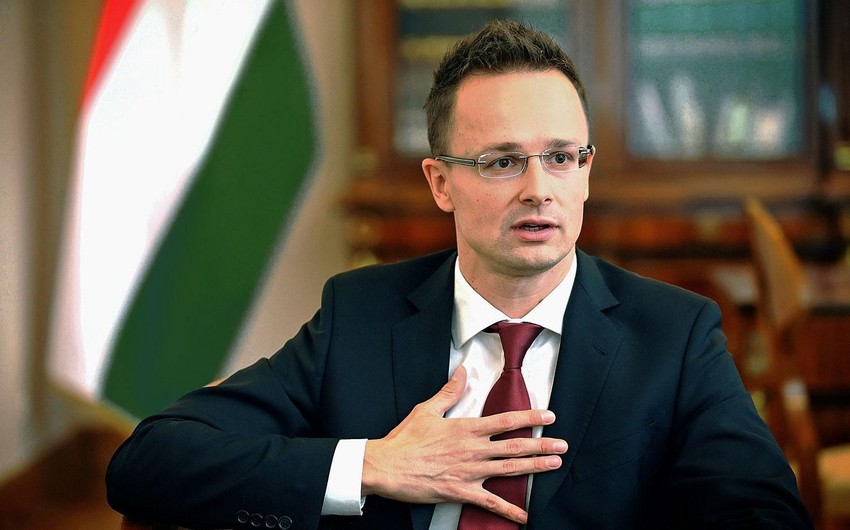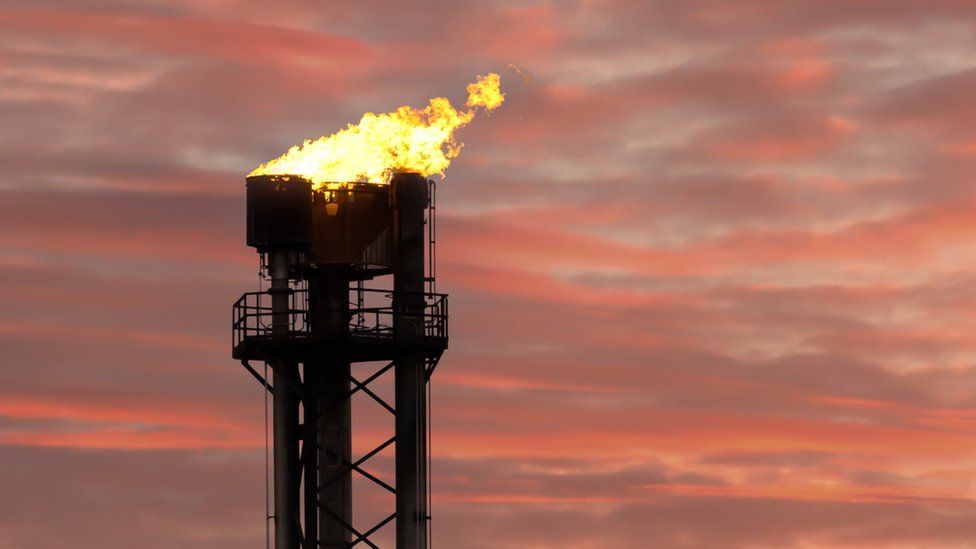Serbia expects to receive Azerbaijani gas transported through the Southern Gas Corridor (SGC) in 2023, said the head of the Ministry of Energy of Azerbaijan, Parviz Shahbazov, who discussed this issue at a meeting with the Assistant Minister of Mining and Energy of Serbia Rasha Kojcic.
“Serbia hopes that the commissioning of the Bulgaria-Serbia interconnector in 2023 will allow integration into the South Gas Corridor,” Shahbazov wrote on his Twitter microblog.
The Bulgaria-Serbia Interconnector Gas Pipeline (IBS) gas pipeline project is supported by the EU as a project of common interest (PCI). Length – 170 km, including the Serbian section – 108 km, 62 km – in Bulgaria.
IBS will supply Serbia via Bulgaria with: gas from the Southern Gas Corridor (SGC), through which gas from Azerbaijan is supplied to Europe; also after regasification – liquefied natural gas (LNG) with LNG – Alexandroupolis terminal in Greece.
Throughput capacity – more than 1.8 billion cubic meters per year with the possibility of expansion to 4 billion cubic meters, with the possibility of reverse.
Bulgaria and Serbia signed a declaration on the construction of the IBS gas pipeline in May 2018 during the EU-Western Balkans summit.
At that time, it was planned that the new gas pipeline would be put into operation no later than May 2022. In January 2021, Serbian Energy Minister Zoran Mihailović announced that the construction of the Serbian section is scheduled to begin in the summer of 2021 and be completed by early 2023. So far, construction work has not started.
The cost of the project for Serbia will cost 89 million euros, of which 49.6 million euros are EU subsidies.
On December 31, 2020, Azerbaijan began supplying gas to Europe via the TAP gas pipeline. In 2021, the volume of supplies amounted to 8.1 billion cubic meters. For 2022, European buyers have ordered more than 9 billion cubic meters of Azerbaijani gas through TAP.
Caspian Barrel



